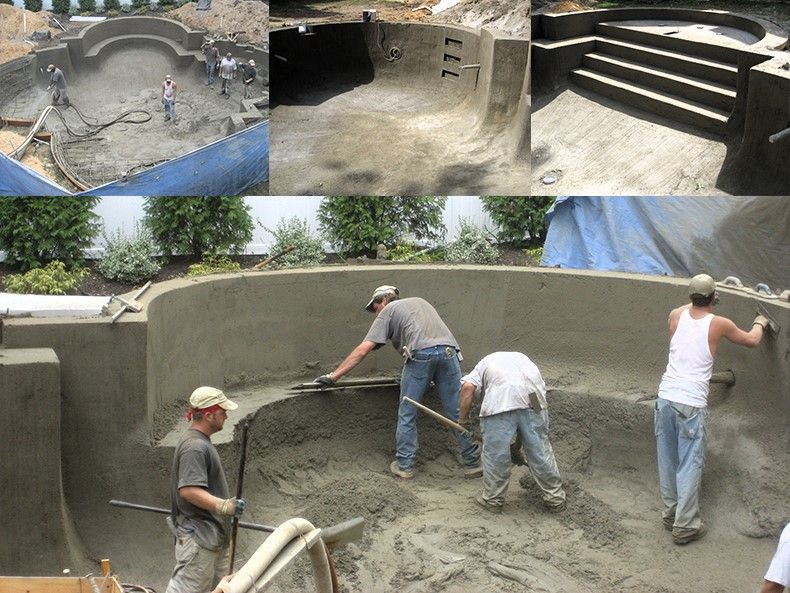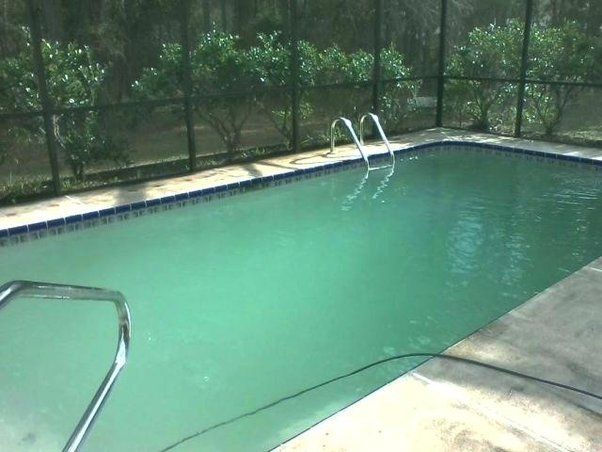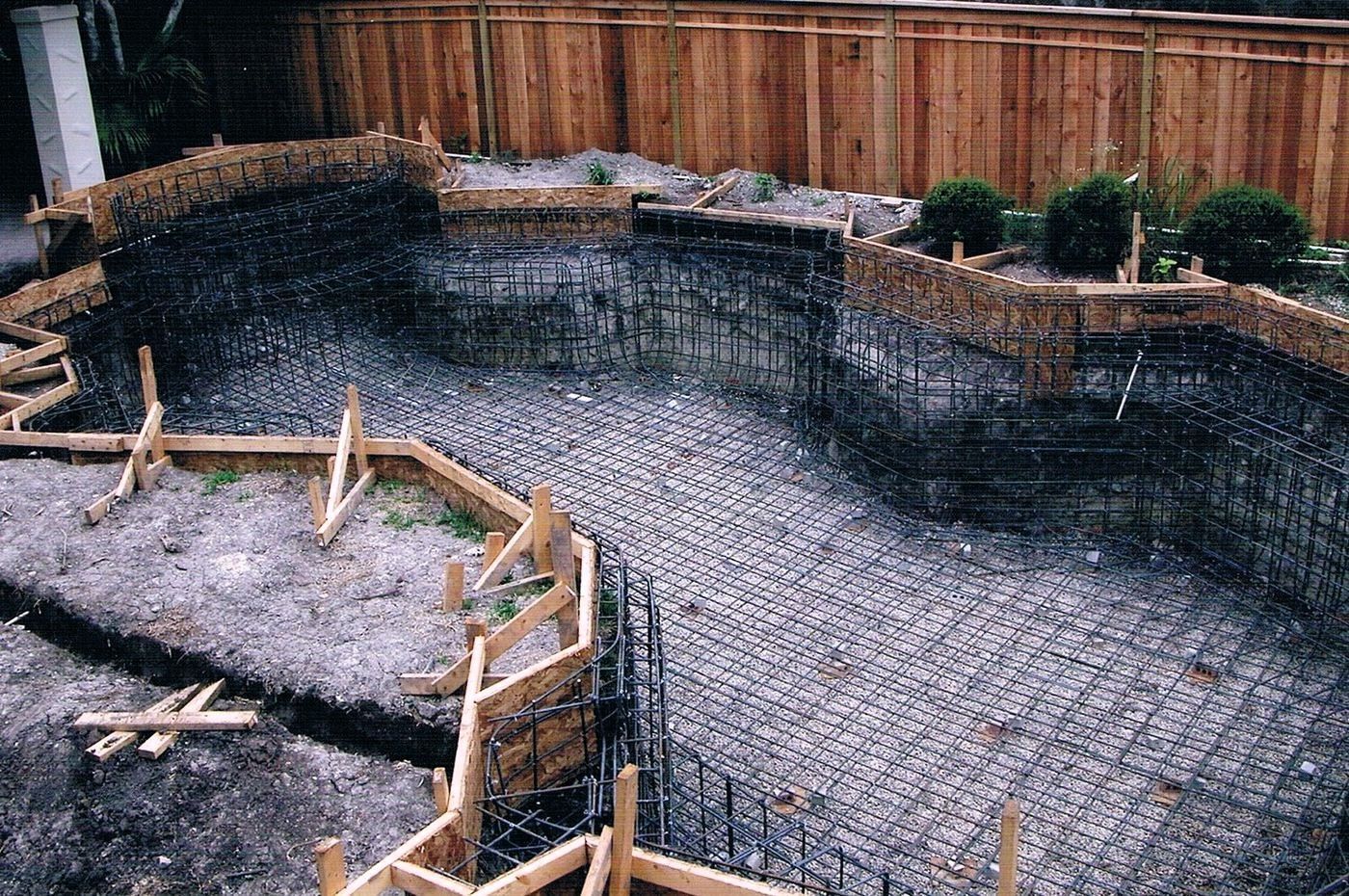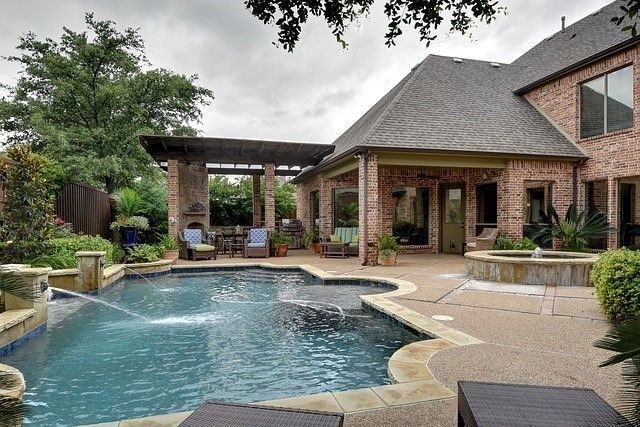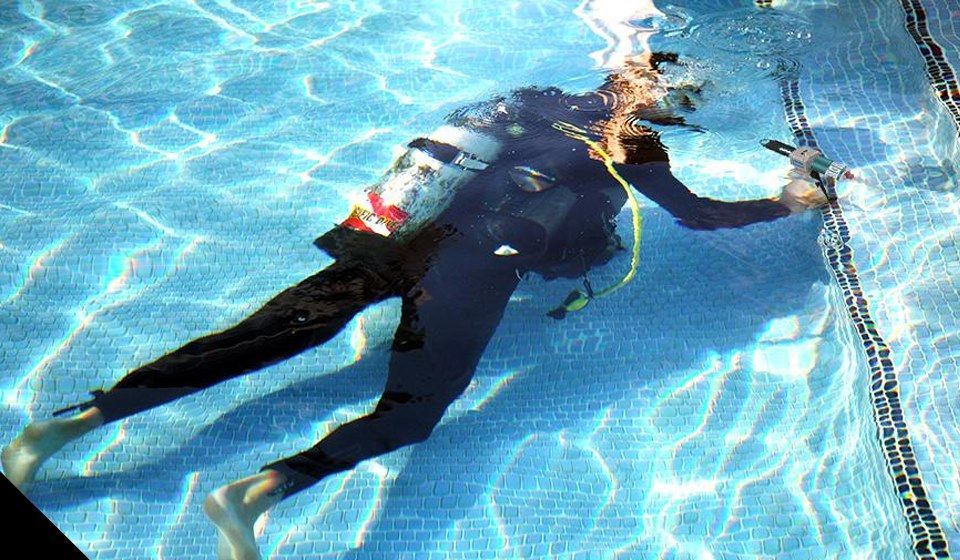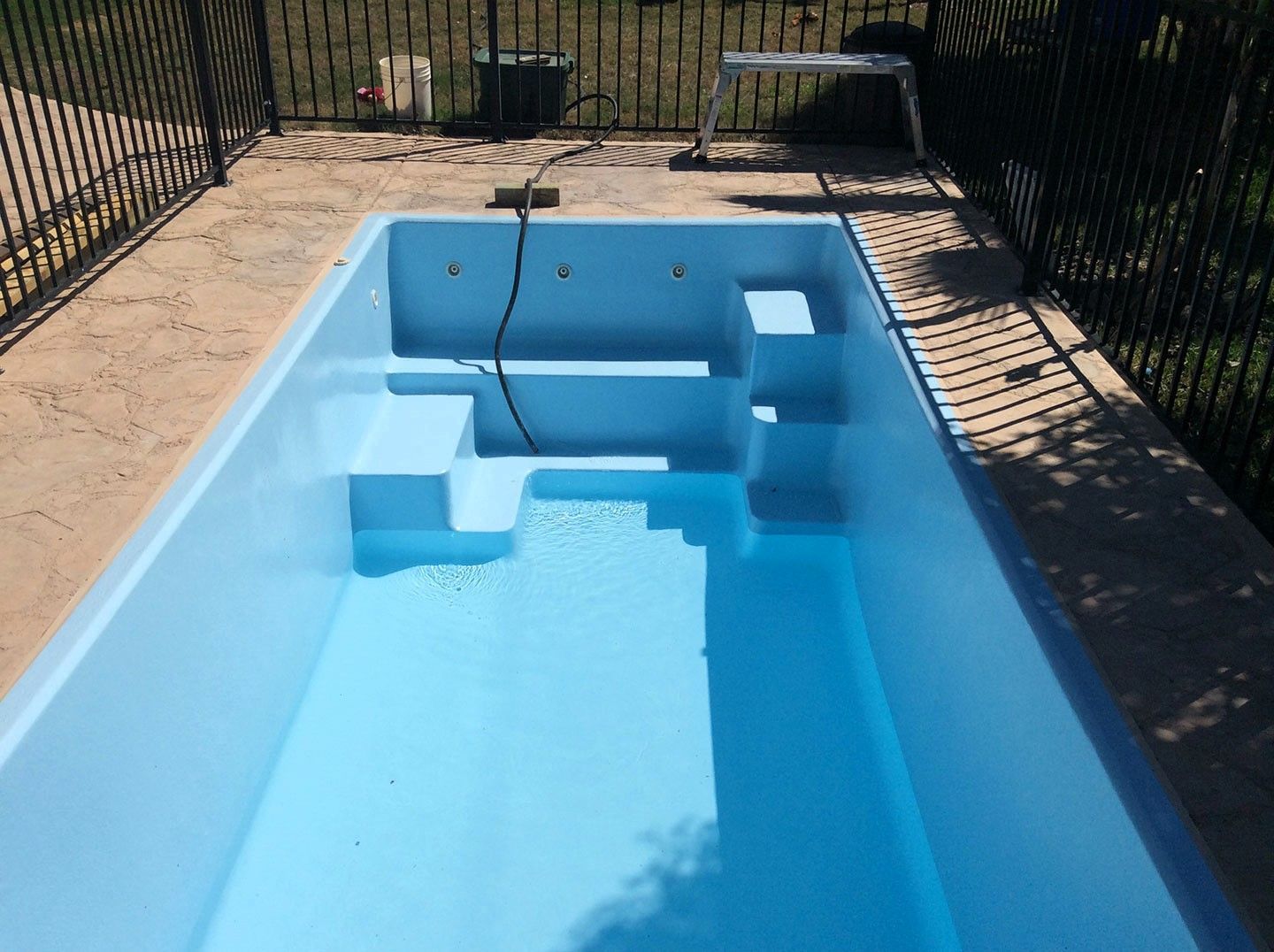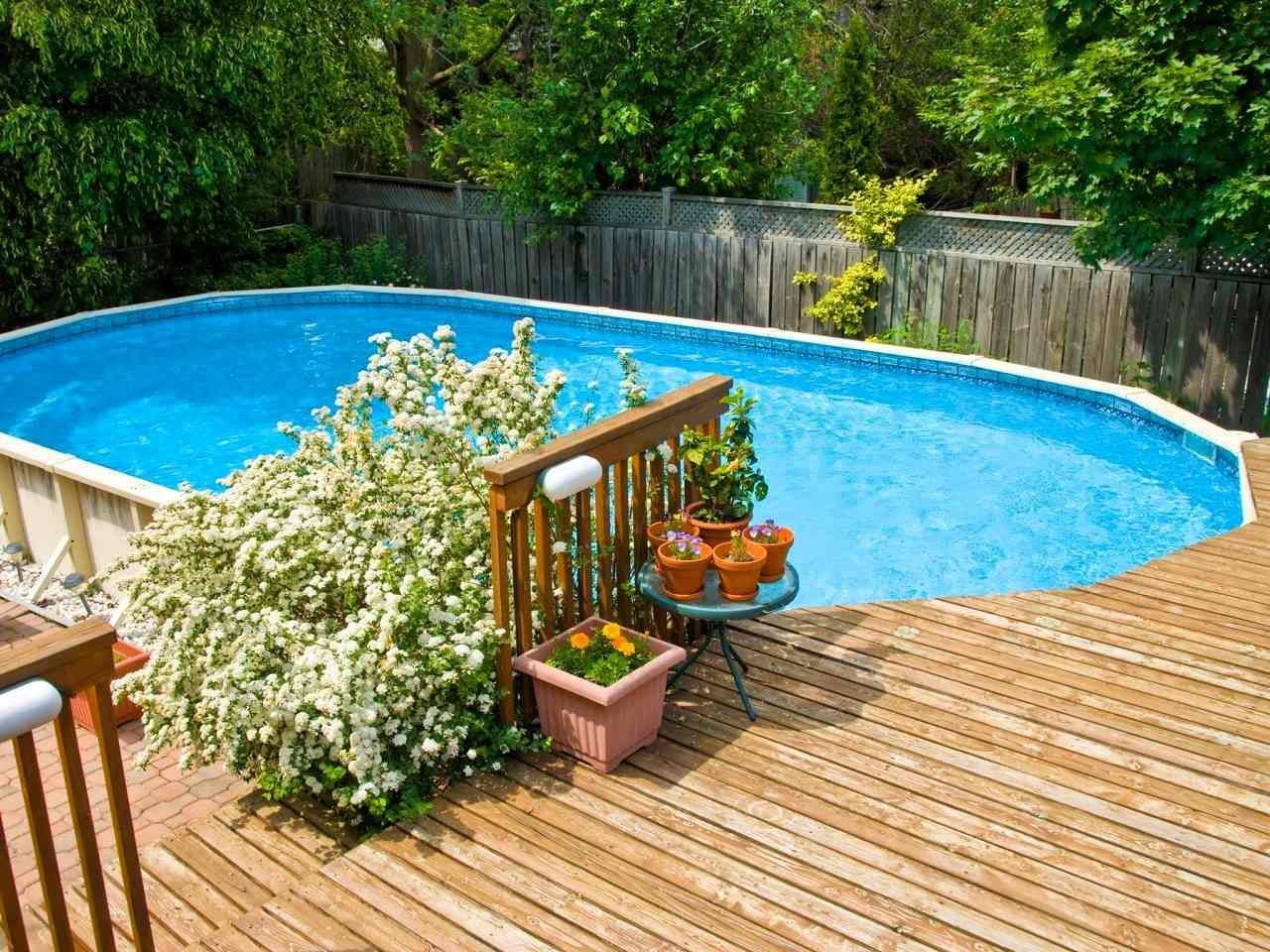Swimming Pool Heater Repairs
In the realm of pool maintenance, the heater often goes unnoticed until problems arise. These essential devices extend swimming seasons and ensure a comfortable, enjoyable experience for swimmers of all ages. Neglecting the pool heater can lead to a host of issues, reducing the usability of your pool during cooler months. This comprehensive guide dives deep into the world of "swimming pool heater repairs." We'll explore common problems, practical DIY fixes, and when to seek professional help, ensuring that your pool remains a welcoming oasis throughout the year.
Embark on a journey to master swimming pool heater repairs, ensuring your pool is a warm, inviting sanctuary for endless aquatic enjoyment, regardless of the season.
Recognizing the Need for Repair:
The first step in maintaining your pool heater's health is recognizing signs of trouble. These indicators might be subtle, like a slight decrease in water temperature, or more blatant, such as the heater failing to ignite or making unusual noises. Technological advancements, especially in models post-2020, have added complexity to heater diagnostics, necessitating a keen eye for detail. Look out for irregular cycling, lukewarm water, or error messages on digital displays, these are telltale signs that your heater needs attention.
DIY Repair Tips:
Navigating the realm of DIY repairs for your swimming pool heater doesn't always require a professional's expertise. With the right information and a bit of caution, you can solve many common issues on your own.
Checking the Power Supply and Electrical Connections
Safety is paramount, so start by turning off the power supply to the heater to avoid any electrical hazards. Inspect the electrical connections to the heater for signs of wear or damage. Loose connections can often lead to power issues. Also, check if the circuit breaker has tripped, as this could indicate an electrical problem.
Addressing Gas Supply Issues for Gas Heaters
For gas heaters, ensuring the gas supply is functioning correctly is crucial. Check that the gas valve is fully open to allow proper gas flow. If your heater has a pilot light, make sure it’s lit; refer to the heater’s manual for relighting instructions if it's out. Regularly sniff around the heater for any unusual gas odors, which could indicate a leak.
Dealing with Clogged Filters
Locate and inspect your heater's filter, as per your manual’s guidance. A clogged filter can be the root of many heating issues. Remove any debris or buildup from the filter. After cleaning, it’s important to check that the water flow through the heater is steady and unobstructed.
Troubleshooting a Malfunctioning Thermostat
Check the thermostat settings to ensure they are higher than the current water temperature. Thermostats may sometimes require recalibration or adjustment, for which you should consult the heater's manual. If recalibration doesn't solve the issue, consider that the thermostat might need replacing.
Regular Maintenance Checks
Conduct regular visual inspections of your heater for signs of wear, corrosion, or damage. Keep the area around your pool heater clean and clear of debris to ensure good ventilation and prevent overheating.
Utilizing Online Resources and Forums
The internet is a valuable resource. Use online forums and resources specific to your pool heater model for troubleshooting advice. Video tutorials can be particularly helpful, offering step-by-step guides on common repairs and maintenance procedures.
While DIY methods can resolve many issues, some problems may hint at deeper, more complex faults. If a problem persists or you feel uncertain about a particular repair, it's wise to
seek professional help
to ensure the safe and efficient operation of your pool heater.
When to Call a Professional:
While DIY fixes are great for minor issues, complex problems demand professional expertise. If you're facing persistent issues like continuous cycling, a failure to heat, or if you suspect gas leaks or electrical faults, it's time to call in the experts. Professional pool technicians have the tools and know-how to diagnose and repair intricate problems safely, ensuring your pool heater runs efficiently and reliably.
Costs and Considerations:
The cost of repairing a pool heater can be a deciding factor. In 2023, average repair costs range from $163 to $765, influenced by factors like the severity of the issue and the heater's make and model. It's crucial to weigh these costs against the price of a new heater. Consider the age of your heater and any warranties that may still be in effect. In some cases, a repair might extend your heater's life by several years, making it a worthwhile investment.
Maintenance Tips to Avoid Frequent Repairs:
Proactive maintenance is key to avoiding frequent and costly repairs. Regular tasks should include removing debris, checking for leaks, and ensuring adequate water flow. Each season brings its own maintenance needs: in spring and fall, pay special attention to the pilot and burners, and in winter, ensure your heater is adequately protected from the elements. Regular professional servicing can also identify potential issues before they become major problems.
Conclusion:
Regular maintenance and timely repairs are essential for the longevity and efficiency of your swimming pool heater. By staying vigilant and addressing issues promptly, you can enjoy a warm, welcoming pool environment year-round.
FAQ Section:
Q1: How often should a pool heater be serviced?
To ensure optimal performance, pool heaters should undergo professional servicing at least once a year. Regular check-ups can catch minor issues before they escalate, keeping your heater running smoothly and efficiently.
Q2: Can all types of pool heaters be repaired?
Most pool heaters, whether they are gas, electric, or solar-powered, can be repaired. However, the approach and cost can vary significantly depending on the type, age, and condition of the heater.
Q3: What are the signs of a malfunctioning pool heater?
Common signs of a malfunctioning pool heater include insufficient heating, unexpected shutdowns, strange noises, and error codes on the display panel. Regular monitoring can help you catch these issues early.
Q4: Is it worth repairing an older pool heater?
Repairing an older pool heater can be cost-effective if the repairs are minor and the unit still has a significant lifespan left. However, for older, less efficient models, replacement might be a more economical long-term solution.
Q5: How do DIY repairs compare to professional repairs in terms of cost and effectiveness?
DIY repairs can be cost-effective for simple issues but may lack the comprehensive approach of professional repairs. For complex or recurring issues, professional services are more reliable and may come with guarantees or warranties.

